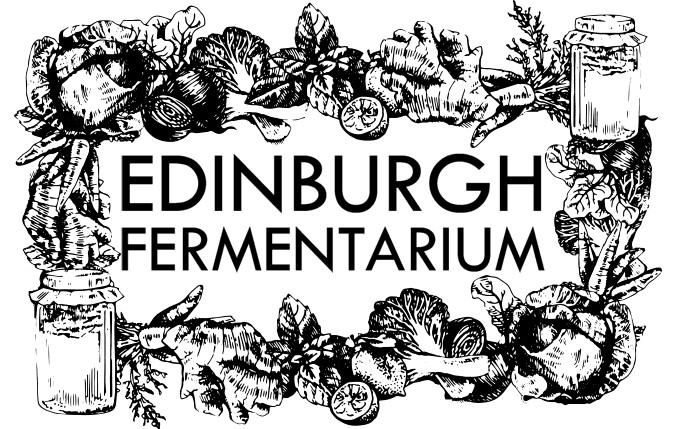ix: Botanica Fabula
The stone months Amanda Edminton January is upon us and, whether the earth is frozen rock-hard or the weather gentle and mild, nothing much grows. Trees’ gelid branches hang ominously across our paths, and our gardens are laid bare— stony and mineral-coloured rather than full of the rich greens that suggest nourishing meals and healing herbal tisanes. A few years ago, as part of the initial creation of my A Kist in Thyme project, I was collecting reminiscences about the use of plants for food and medicine from older members of the community. It was during one of these sessions that a woman, then in her nineties and the widow of a rural vet, told me how January and February had often been referred to as ‘the stone months’ by the crofting community they had worked with. Nothing grew in the stone months. This wonderful informant talked about how folk had formerly relied on what they could preserve or dry at the end of summer, but that the boom after the Second World War had led many folk to see foraging as a signifier of poverty— indicating a lack of disposable income, erroneously assumed to be the result of an inability or reluctance to work hard, and of a certain lack of respectability. To be respectable, people took yet more steps away from more self-sufficient days, and craved the exotic and out of season— equating them with signs of success. Out of this conversation came a story. It looks not only at traditional food production, at 42
connecting our diet to seasonal availability in our locality, but at the value of quiet, gentle, reflective times of the year, at our relationships with others, and at the importance of stories. So, as we embark on 2022, ‘Scotland's Year of Stories’, I'd like to share this story with you. In some ways, it expands on the story I shared last month in The Bare Issue, and follows the path taken by many stories as they look at how we cope with the hardest months of the year. Similar it may be, but I think you'll enjoy the twist... There once lived a young man named Ail, kind-hearted and hardworking but with little to show for his efforts. His croft, though wellloved, was just a small rocky piece of land, mostly barren. However, despite his stomach often growling as he worked, he was always willing to lend a hand to others; despite the soil being nutrient-poor and stone-rich, he worked hard enough that it would yield a few Cabbages; and despite these Cabbages being small and misshapen and the only thing his land could produce, they were tasty enough— and he was always happy to share them with anyone who asked. Ail managed to get by, mainly by going into the village and swapping a Cabbage here and there, or helping a neighbour with some heavy work. Those that knew him would give him a few Potatoes or a piece of bacon, an Onion or two, or a couple of eggs. But eventually, in a cold, hard winter, a January came round in which he had only a handful of Cabbages left and no-one in the
















